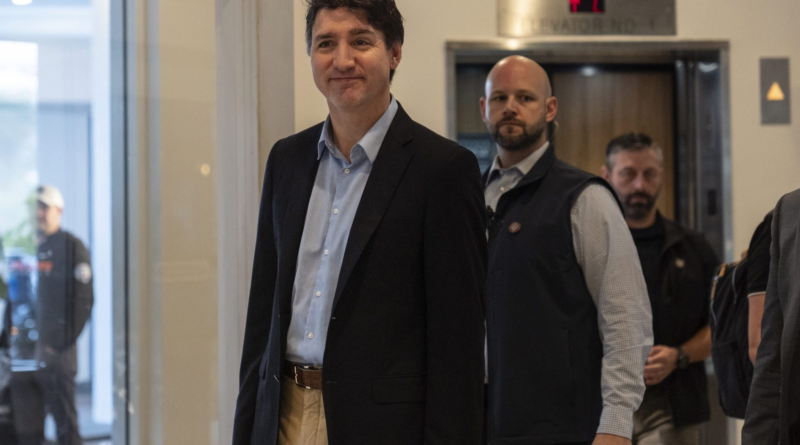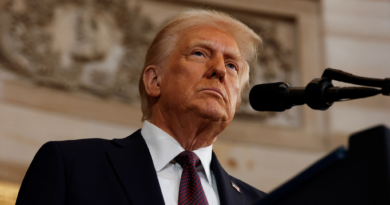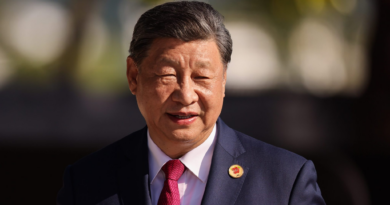Insuring against Trump tariffs
Good morning.
Insurance is the science of balancing probability and consequence. The higher the odds that something will happen, the more it will cost you to insure against its consequences. The more you do to lower that probability—whether it’s installing alarms or visiting a president-elect who’s threatened to impose 25% tariffs on everything you export to their country—the less likely those negative consequences will presumably occur.
That was clearly the hope for Canadian Prime Minister Justin Trudeau in racing down to see President-elect Donald Trump on Friday. On Truth Social, Trump described the meeting as “very productive,” underscoring Trudeau’s commitment to border security.
What are the odds the U.S. will impose high tariffs on its two largest trading partners, whose supply chains are integrated with U.S. companies as part of a free-trade zone? Not high for Canada, in my view, as the fix doesn’t involve complex economic disputes like Canadian softwood lumber exports or its price controls on drugs. Instead, Canada has to commit to curb the flow of illegal immigrants and drugs coming into the U.S.
The risk is more acute but still relatively low when it comes to America’s southern border. Mexican President Claudia Sheinbaum expressed confidence last week that a tariff war could be averted after a phone call with Trump.
Has such outreach reduced the odds of a tariff war to zero? No. But encouraging rhetoric on all sides may lower fears to the point where it’s almost business as usual. (Let’s wait to see how the threat of 100% tariffs now facing BRIC nations plays out.)
Fear is a hard emotion to tamp down, though, even if it’s not based on realistic threats. Take, for example, the alleged panic over the potential for period-tracking apps to be used to monitor for abortions. Oura CEO Tom Hale, whose ring can track sleep, fertility and more, assured Fortune that the Finnish company is bound by customer preferences, not to mention privacy laws in the U.S. and Europe.
“I don’t know of any cases where anyone’s biometric data is being contested or being used against [people],” Hale said. “It’s probably more a statement about the political atmosphere. That being said, it’s important to make that risk zero if we can.”
In the meantime, emphasizing the low probability of these rumored consequences occurring may help reduce panic.
More news below.
Diane Brady
diane.brady@fortune.com
Follow on LinkedIn
TOP NEWS
Fidelity boosts valuation of Elon Musk’s X
After marking down the value of its investment in X repeatedly, Fidelity boosted its estimate last month by 32.37%. While that still means Fidelity believes X is worth nearly 72% less than what Musk paid, it’s an improvement from the summer when the value was off almost 79%. Fortune
Buffett’s favorite metric has Berkshire miles ahead of Nvidia and Apple
Buffett focuses on net worth as calculated by generally accepted accounting principles (GAAP). The concept is simple: Add a company’s assets and then subtract its liabilities. What’s left is net worth. Apple’s net worth is $57 billion. Nvidia’s is $66 billion. Berkshire’s is $663 billion. Fortune
Banks push full-time RTO to avoid home inspections
During the pandemic, the brokerage industry watchdog FINRA suspended rules on workplace inspections to make it easier for banks to allow employees to work from home. The agency is now moving back to its pre-pandemic requirements. Fortune
AROUND THE WATERCOOLER
Wealthy millennials are flocking to Florida and Texas—and no one wants to live in New York or California by Jane Thier
Lithuania is the world’s happiest country for young people. Here’s what it’s like to work for the country’s leading tech unicorn by Prarthana Prakash
Booking Holdings CEO says the future of cheap flights is uncertain: ‘That’s like trying to predict the weather’ by Kristin Stoller
Post-COVID life and China’s tough economy pushes a 95-year-old jewelry brand to embrace ‘wearability’ and a more casual consumer by Nicholas Gordon
Had enough of the U.S.? Consider this first, says a former American and relocation expert by Alicia Adamczyk
This edition of CEO Daily was curated by Ian Mount.


 This year in odd news: The weirdest headlines from the Houston area in 2022 – KPRC Click2Houston
This year in odd news: The weirdest headlines from the Houston area in 2022 – KPRC Click2Houston 

